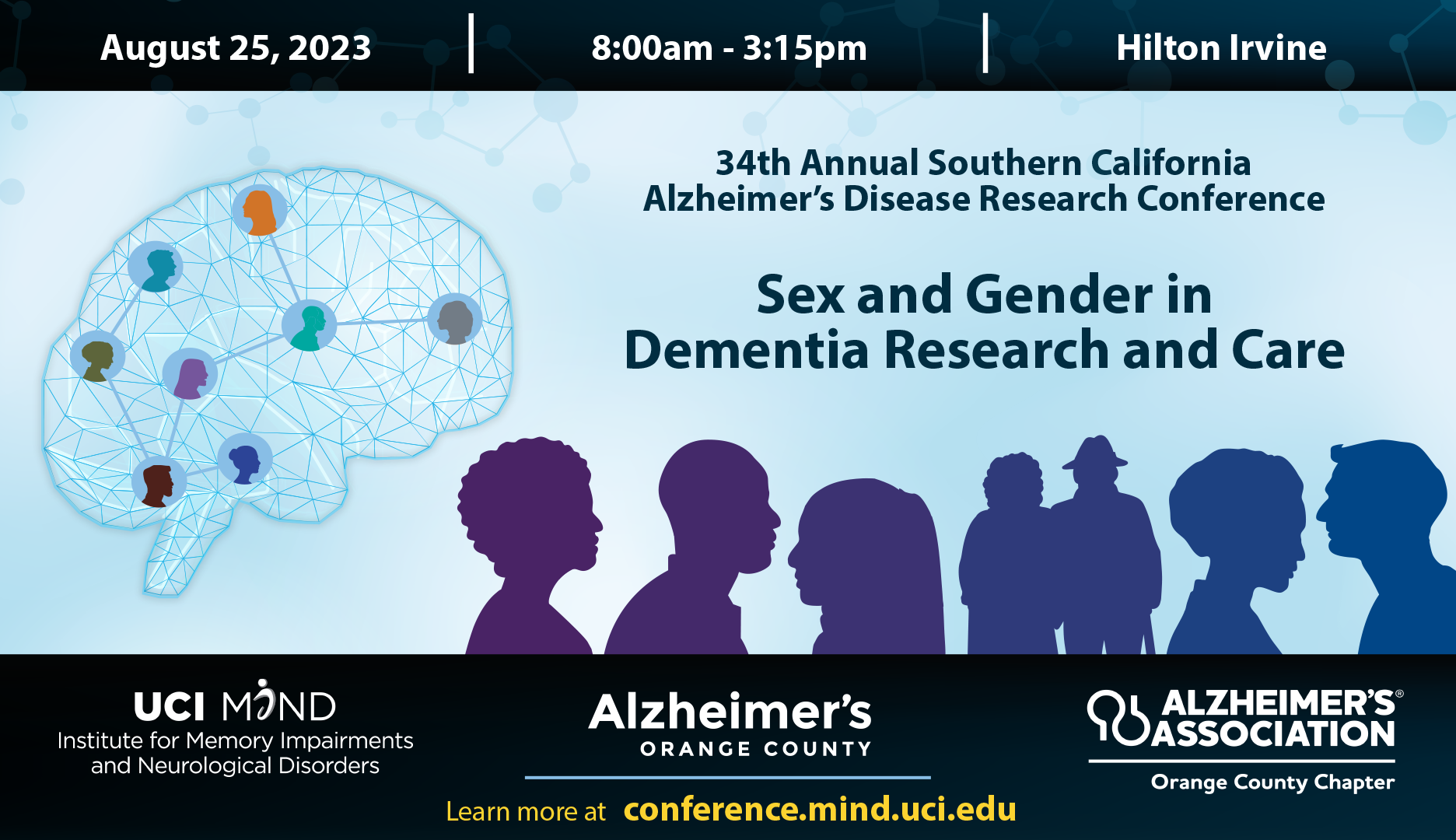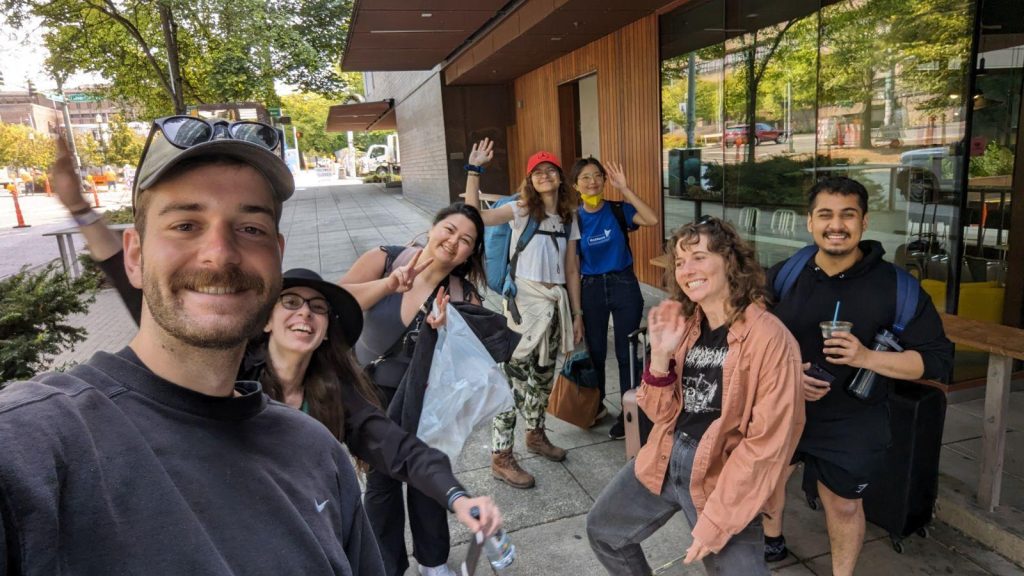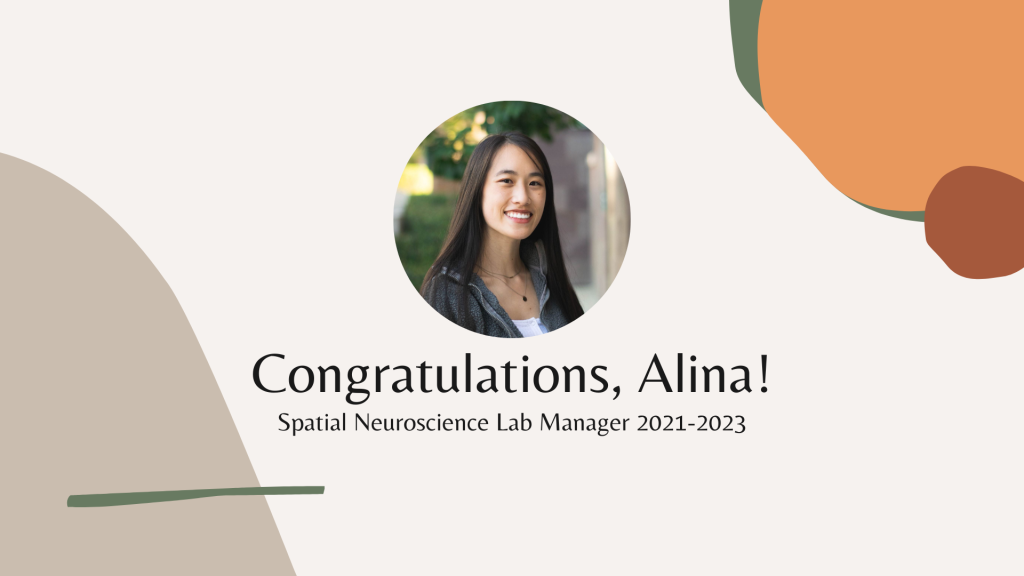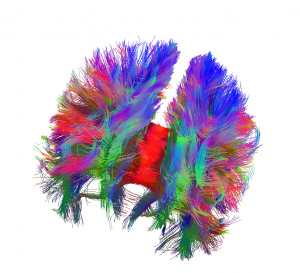Ph.D. candidate Theo Kapogianis completed his Advancement Defense on 09/11/2023, proposing his dissertation “Cognitive Graphs: it’s all connected man. Impact of structure, decision-making, and domain on graph learning”! He proposed three experiments which will investigate 1) structure: components of graphs (informational networks), such as size, edge-to-node ratio, internal complexity and organization. 2) decision-making: the role of decision-making in learning and the brain structures which support learning through decision-making. 3) domain: how learning strategies change over time across different task pressures (repetitive or random) and domains (spatial or abstract).
We look forward to hearing about Theo’s findings across his three experiments. Great job Theo!







